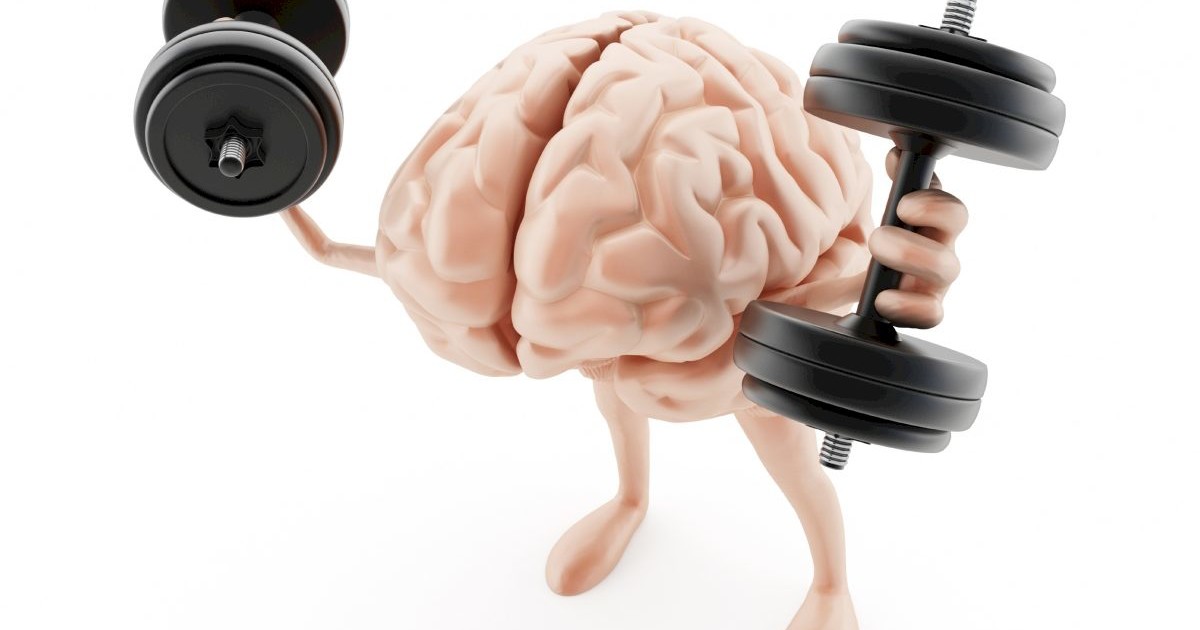Playa Vista Personal Trainer – TRAIN SMARTER, NOT HARDER!
 Heart Rate Training for your cardio program will not only help you stay on track with your fitness and wellness goals but also ensure you have a good base and jump start for next year! Heart Rate Specific Training will reprogram your metabolism to burn more fat. A cardio program based on your individualized training zones will assist you in creating metabolic efficiency. This relates to your ability to train your muscles to burn fat.
Heart Rate Training for your cardio program will not only help you stay on track with your fitness and wellness goals but also ensure you have a good base and jump start for next year! Heart Rate Specific Training will reprogram your metabolism to burn more fat. A cardio program based on your individualized training zones will assist you in creating metabolic efficiency. This relates to your ability to train your muscles to burn fat.
Benefits of Heart Rate Training:
- Helps you maintain and lose weight this holiday season
- Improves your performance and endurance
- Train smarter and not harder
- Teaches your body to burn fats
So where do you begin?
The best way to create an individualized program is to meet with your trainer and perform a sub max VO2 test. This test can create individualized zones for you to train in based on your ventilation and heart rate readings. From the test, the ratio of measured Oxygen (O2) and Carbon Dioxide (CO2) during ventilation gives an indication of the type of fuel being used during exercise (fat or carbohydrate).
A major marker on the test will be your Anaerobic Threshold. This is when there is a shift in the blood lactate levels and fatigue sets in. The rate at which this occurs is different for each individual and each activity. Based on your heart rate ranges individualized training zones and a program is created for you. Training in these zones properly can improve your anaerobic threshold meaning you will be able to work harder for longer periods of time before fatigue sets in.
If you do not have this option you can start by figuring out your maximum heart rate. One-way to do this is using the formula 208-(0.7 x AGE )= MAX HEART RATE. This is the most conservative formula but not going to fit for everyone. You can use this number to create a cardio program based on the energy systems or adaptation you want to create that day for your program.
Knowing what zones you should train in is based on your goals and current level. Here is a basic overview of the different training zones and the adaptations that occur.
Warm up Zone — 50 – 60% of maximum heart rate: The easiest zone and probably the best zone for people just starting a fitness program. It can also be used as a warm up for more advanced athletes. This zone has been shown to help decrease body fat, blood pressure and cholesterol. It also decreases the risk of degenerative diseases and has a low risk of injury. 85% of calories burned in this zone are fats!
Zone 1 (Fat Burning) — 65 – 75% of maximum heart rate: This zone provides the same benefits as the healthy heart zone, but is more intense and burns more total calories. The percent of fat calories is still 85%.
Zone 2 (Endurance Training) — 75 – 85% of maximum heart rate: The aerobic zone will improve your cardiovascular and respiratory system AND increase the size and strength of your heart. This is the preferred zone if you are training for an endurance event. More calories are burned with 50% from fat.
Zone 4(Performance Training) — 85 – 90% of maximum heart rate: Benefits of this zone include an improved VO2 maximum (the highest amount of oxygen one can consume during exercise) and thus an improved cardiorespiratory system, and a higher lactate tolerance ability which means your endurance will improve and you’ll be able to fight fatigue better. This is a high intensity zone burning more calories, 15 % from fat.
Red Line Zone 5 (Maximum Effort) — 90 – 100% of maximum heart rate: Although this zone burns the highest number of calories, it is very intense. Most people can only stay in this zone for short periods. You should only train in this zone if you are in very good shape and have been cleared by a physician to do so.
Recovery heart rate- This is the heart rate your body will drop to after two minutes, after stopping an exercise session. For instance you exercised for 30 minutes and your heart rate was at 155. Two minutes after you stopped exercising, your heart rate then decreased to 95. This recovery heart rate measure helps to evaluate your overall heart fitness level. Use this measurement to compare between exercise sessions.
Heart rate training and creating an individualized program with a Cardio Coach can be a valuable and fun way to stay on track!
A happy and healthy to you always!
The Vision Team



Leave a Reply